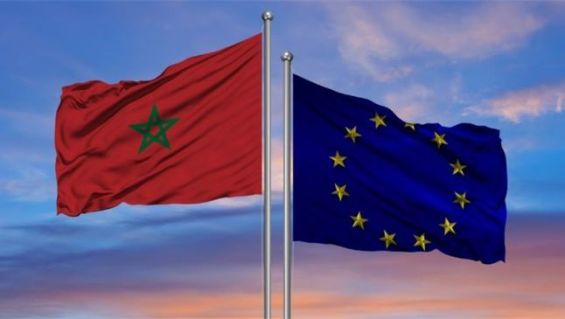Following the ruling by the Court of Justice of the European Union (CJEU) on the Morocco-EU trade agreements, the EU reiterated «the high value it places on its strategic partnership with Morocco».
«Over the years, we have established a profound friendship and solid, multi-faceted cooperation, which we aim to elevate in the coming weeks and months», said a joint statement from President von der Leyen and High Representative/Vice-President Borrell regarding the European Court of Justice's judgments related to Morocco.
Earlier, on Friday, October 4, the EU's top court upheld its ruling from September 29, 2021, in the case between the European Commission and the Polisario Front.
The CJEU dismissed the appeals filed by EU member states against its decision to annul the 2019 agricultural and fisheries agreements, which included Western Sahara as part of the Morocco-EU deal.
The joint statement also mentioned that the EU «takes note» of the ruling and «the reply to the preliminary ruling request in case C-399/22 on the labeling of fruit and vegetables from Western Sahara».
«The European Commission is currently reviewing the judgments in detail. In this context, we note that the European Court of Justice has preserved the validity of the agricultural product agreement for an additional 12 months».
The EU emphasized its strong intention to «preserve and further strengthen its close relationship with Morocco in all areas of the Morocco-EU Partnership, in line with the principle of pacta sunt servanda (agreements must be kept)», the statement concluded.
For context, the court reiterated in today's ruling that «the consent of the people of Western Sahara is essential for the validity of the agreements», as they involve a non-self-governing territory.
It also stressed that consultations carried out by the European Commission and the European External Action Service (EEAS) «were not directed specifically at the people of Western Sahara, but rather at the populations currently residing there, regardless of their origin». Given that many Sahrawis now live outside the territory, these consultations did not constitute true consent.




 chargement...
chargement...












